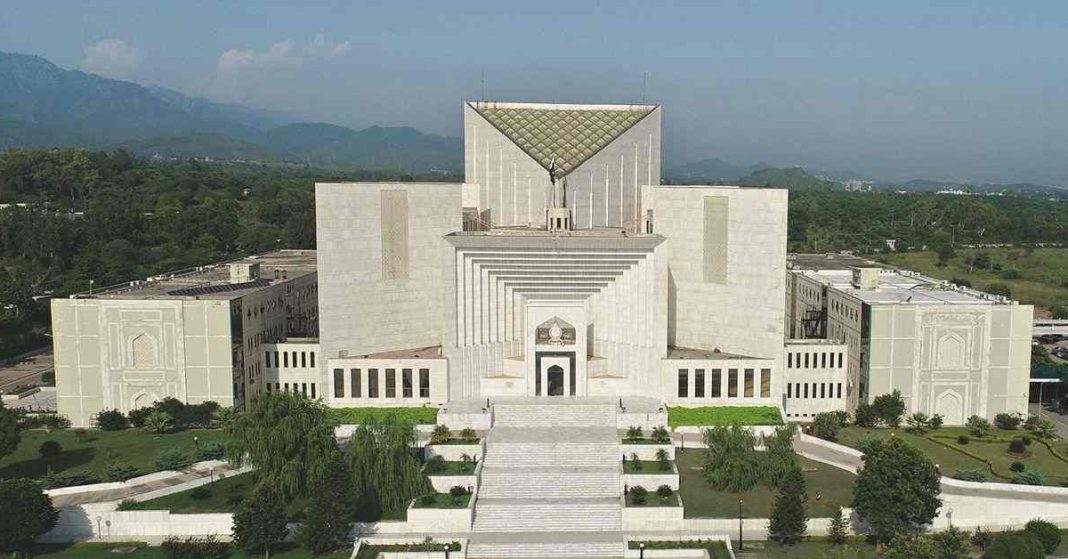In a landmark ruling, the Supreme Court recently declared Pakistan Tehreek-e-Insaf (PTI) eligible for reserved seats in the national and provincial assemblies, a decision seen as a major blow to Prime Minister Shehbaz Sharif’s coalition government.
The detailed 70-page judgment, delivered by an 8-5 majority, upheld PTI’s claim to 39 of the 80 disputed seats, with the rest allowed to resubmit their party affiliations. Despite this ruling, the federal government has refused to implement the reallocation, citing recent amendments to the Elections Act as a legal barrier.
Addressing the issue, Law Minister Azam Nazeer Tarar reaffirmed that the recent legislative changes rendered it impossible to reverse the clock regarding the status of lawmakers. “The court’s verdict must align with the law, and as of now, the law doesn’t permit such changes,” he explained, referring to parliament’s sovereign right to legislate, which he emphasized should take precedence over judicial rulings.
ECP Under Fire as PTI Demands Implementation
Meanwhile, PTI Chairman Barrister Gohar Ali Khan criticized the Election Commission of Pakistan (ECP) for failing to notify the reserved seats despite the Supreme Court’s clear ruling. “The ECP has had four meetings without issuing the notification. This delay undermines democracy,” said Gohar, adding that 40 of the 41 PTI candidates had submitted affidavits confirming their party affiliation. PTI held a core committee meeting, further discussing the court’s decision and reaffirming that the Supreme Court had strengthened democracy through its judgment.
Read More: Earth to Have a New Temporary Moon
Gohar announced that PTI would be holding a rally in Rawalpindi, calling for swift action by the ECP to uphold the court’s directives. He also indicated that the party had filed a reference against the ECP, accusing it of compromising its neutrality and failing to ensure fair elections.
Legal Experts Laud Supreme Court’s Decision
Legal analysts praised the Supreme Court’s judgment, describing it as a critical moment for electoral justice in Pakistan. Barrister Rida Hosain called the ruling a “chargesheet” against the ECP, stressing that the electoral body had failed in its constitutional role as a neutral arbiter. She noted that the decision was based on fundamental democratic principles, reinforcing the people’s right to fair representation in the legislature.
Another lawyer, Abdul Moiz Jaferii, applauded the judgment for addressing the unlawful actions of the ECP and returning officers. He emphasized that the judiciary has a responsibility to correct such errors, especially when they impact the fundamental rights of citizens. Asad Rahim Khan also urged the ECP to implement the court’s directives immediately, warning that failure to do so would undermine the democratic process.














